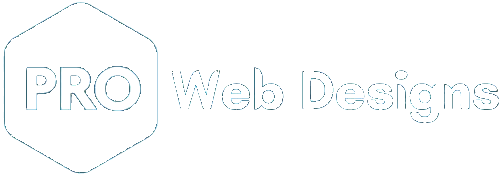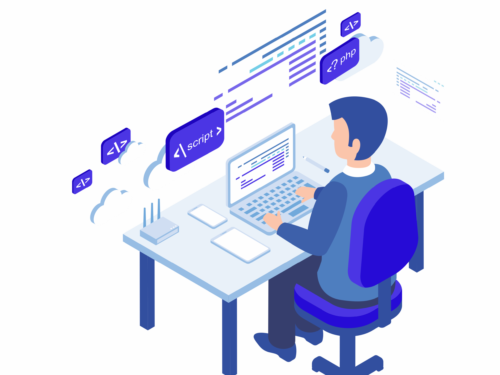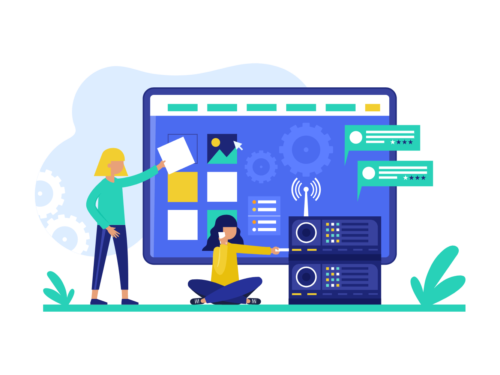Introduction
In the dynamic world of web development, the right tools and technologies are the cornerstones of success. Whether you’re a seasoned developer or just starting out, equipping yourself with the essential toolkit can streamline your workflow, enhance productivity, and elevate the quality of your web creations.
Essential Tools for Front-End Development
Code Editors: Choose a code editor that suits your preferences, such as Visual Studio Code, Sublime Text, or Atom, to write, rediģēt, and debug your front-end code.
Preprocessors: Utilize preprocessors like Sass or LESS to streamline CSS development, organize your code, and enhance maintainability.
JavaScript Frameworks: Leverage JavaScript frameworks like React, Angular, or Vue.js to build complex and interactive user interfaces.
Task Runners: Employ task runners like Gulp or Grunt to automate repetitive development tasks, such as compilation, minification, and testing.
Responsive Design Tools: Utilize tools like BrowserSync or Responsinator to test and optimize your website’s responsiveness across different screen sizes.
Essential Tools for Back-End Development
Programming Languages: Master a back-end programming language like Python, Java, PHP, or Node.js to build server-side applications and APIs.
Databases: Choose a suitable database like MySQL, PostgreSQL, or MongoDB to store and manage your website’s data.
Version Control Systems: Utilize version control systems like Git to track changes, collaborate with other developers, and revert to previous versions if needed.
Development Environments: Employ integrated development environments (IDEs) like PyCharm or WebStorm for back-end development, offering advanced features and debugging capabilities.
Testing Frameworks: Implement testing frameworks like JUnit or Mocha to ensure the quality and reliability of your back-end code.
Essential Tools for Full-Stack Development
Full-Stack Frameworks: Explore full-stack frameworks like Ruby on Rails or Django that combine front-end and back-end development capabilities.
API Management Tools: Utilize API management tools like Postman or Apiary to design, test, and document your APIs effectively.
Containerization Technologies: Consider containerization technologies like Docker or Kubernetes for deploying and managing your web applications in a scalable and portable manner.
Cloud Platforms: Leverage cloud platforms like Amazon Web Services (AWS) or Google Cloud Platform (GCP) for hosting and scaling your web applications.
Monitoring and Logging Tools: Implement monitoring and logging tools to track application performance, identify potential issues, and gather valuable insights.
Conclusion
The landscape of web development tools and technologies is constantly evolving, offering new and innovative solutions to enhance your development process. By staying updated on the latest advancements and selecting the tools that align with your project requirements and skillset, you can empower yourself to build exceptional web applications and deliver exceptional user experiences.
Call to Action:
Ready to elevate your web development skills with the right tools and technologies?
Our team of experienced web developers can guide you through the selection and implementation of the essential tools for your specific projects. We’ll help you choose the right code editors, frameworks, testing tools, and deployment strategies to streamline your workflow, enhance productivity, and ensure the quality and scalability of your web creations. Contact us today to unlock the full potential of your web development journey!







